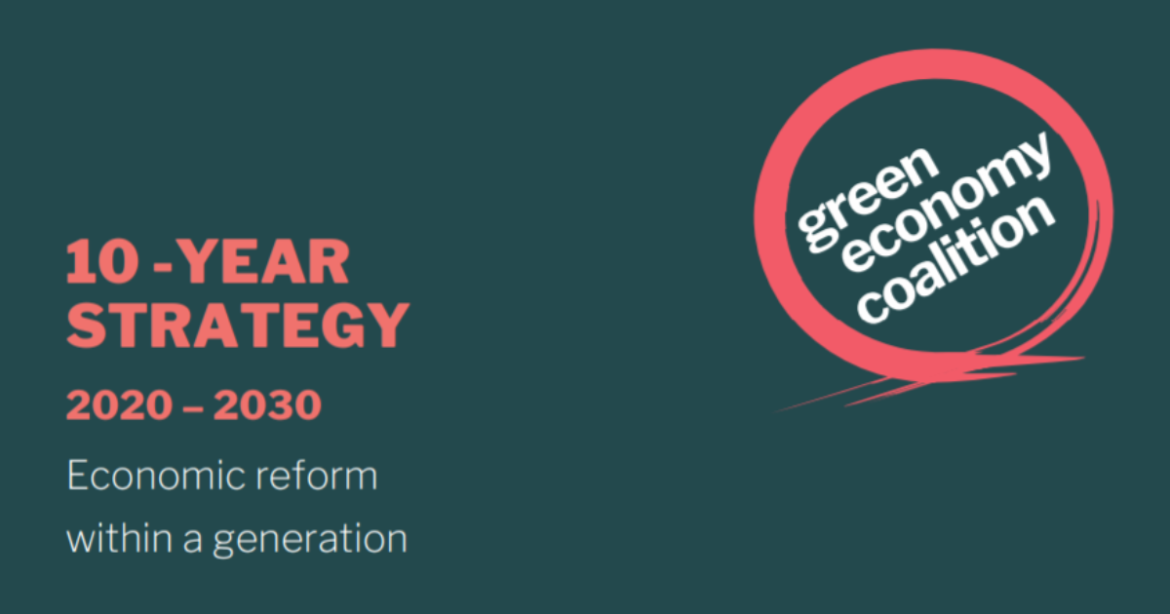By Zayamu Hassan
The Minister of State for Health, Senator Adeleke Mamora, has disclosed that the Federal Government is making efforts to shift the country towards a green economy by 2030.
He disclosed this at a media briefing to mark the 2022 World Health Day with the “Our planet, Our health,” in Abuja.
He, however, lamented that the current impact of various environmental crises such as climate change, avoidable pollution, food and waterborne diseases, emerging and reemerging infectious diseases, and extreme weather events on the planet’s health and every individual is increasingly difficult to ignore.
Mamora said that the effect of COVID-19 and the climate change crisis have unsettled the lives of many individuals across the globe while causing profound disruptions in the global economy, supply chains and economic growth, with small and medium enterprises (SMEs) and entrepreneurs hard hit.
“Furthermore, the environmental crisis has led to worsening non-communicable diseases, enhancing an ecosystem where various infectious diseases foster, worsening air quality, food and water shortages, and deteriorating mental health illness,” he reiterated.
According to him, the many steps the government is taking to secure the environment would serve as a basis for a “framework for an Action Plan towards reducing human and planetary health threats.
“Such an economy in Nigeria will improve the lives of many Nigerians and their environment while reducing exposure to environmental risks for future generations.”
Other targeted actions to be taken by the federal government, the Minister said, include: “Prioritizing long term decision-making that stabilizes the welfare and security of Nigerians and their environment; prioritizing efforts that will keep the private sector and other socio-economic organizations’ environmental and their health goals in safe hands.
Others are implementing policies that reduce the use of fossil fuels, fossil fuels subsidies, its exploration and shift projects to increase clean energy production and use; increasing fossil fuels related tax as an incentive for carbon reduction and implementing the WHO air quality guidelines.”
While noting that the federal government cannot achieve the targets alone, Senator Mamora said that his ministry will reflect on the need for strategic ideas and priorities.
He, however, noted that the Health Ministry will explore various multidisciplinary and multisectoral actions and initiatives that are required at the national, regional, local, and individual levels that will resolve the impact of changes on the planet on Nigerians.
“The Federal Ministry of Health will provide a framework for an action plan that can be modified as desirable for local needs with a shift from fragmented approaches to policy and practice geared towards systematic actions that will promote human health as well as health of the planet.
“I am confident that our funding and implementing partners will support the targeted goals and objectives to make them achievable through appropriate funding and robust implementation,” he stressed.
Speaking, the World Health Organisation (WHO) Representative in Nigeria, Dr. Walter Kazadi Mulombo, said that with the Africa’s population projected to grow to 2.5 billion by 2050, movement of people from the rural to the urban areas is expected to exposed them to natural hazards, and a concomitant increase in associated injuries, disease and deaths.
Represented by the WHO Deputy Representative in Nigeria, Alexander Chimbaru, the WHO Country Representative, therefore, urged Member States to urgently initiate adaptation and mitigation actions.
He further called on “governments, civil society, nongovernment organizations and communities need to work together, empowering one another to ensure the continued delivery of essential health services during future extreme events, while containing the growing incidence of environment- and lifestyle-related diseases.
“We cannot afford to lose sight of the fundamental truth that the climate crisis, the single biggest threat facing humanity today, is also very much a health crisis.”
The WHO Chief, however, revealed that NCDs are set to overtake communicable diseases, maternal, neonatal, and nutritional conditions combined, to become the leading cause of death by 2030. COVID-19, along with spiraling obesity, diabetes and hypertension rates in the African region. This, he said, compounds the challenge, highlighting the urgency of a multi-sectoral response.


